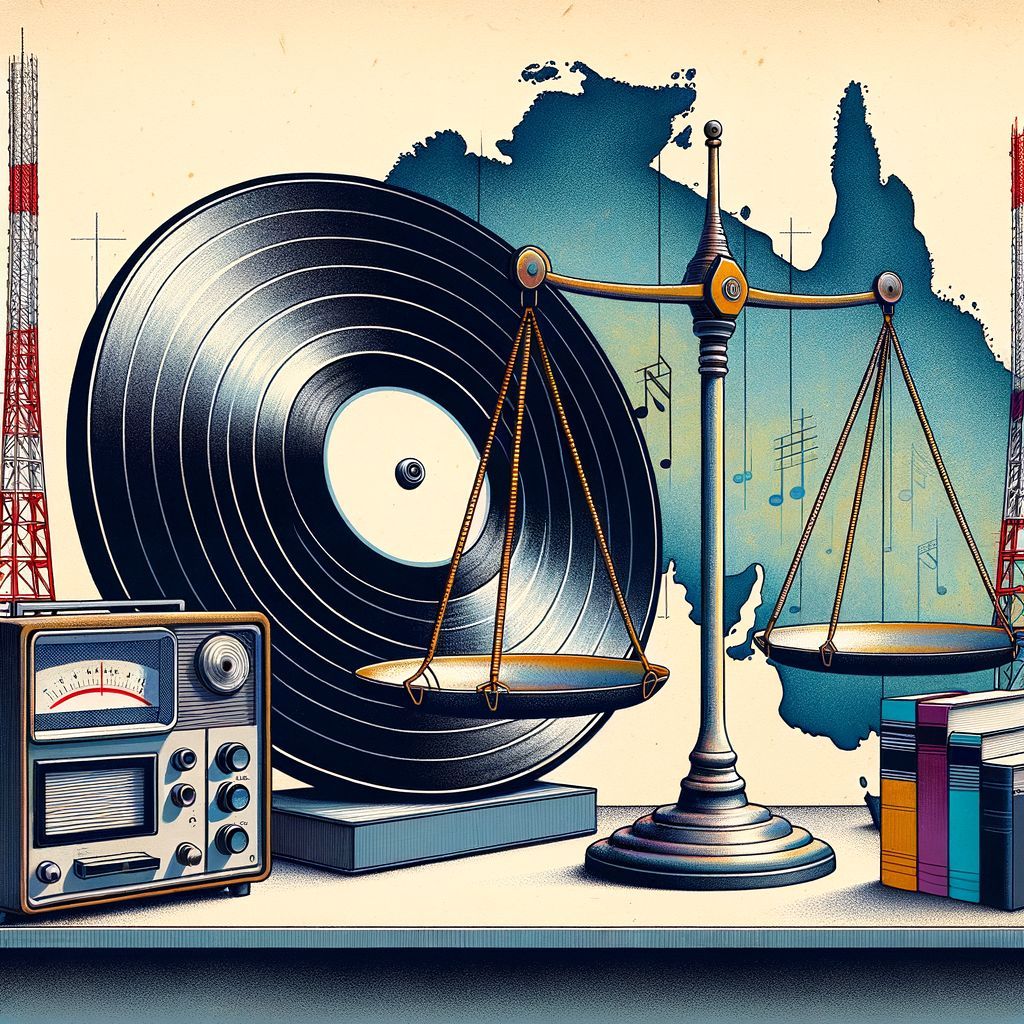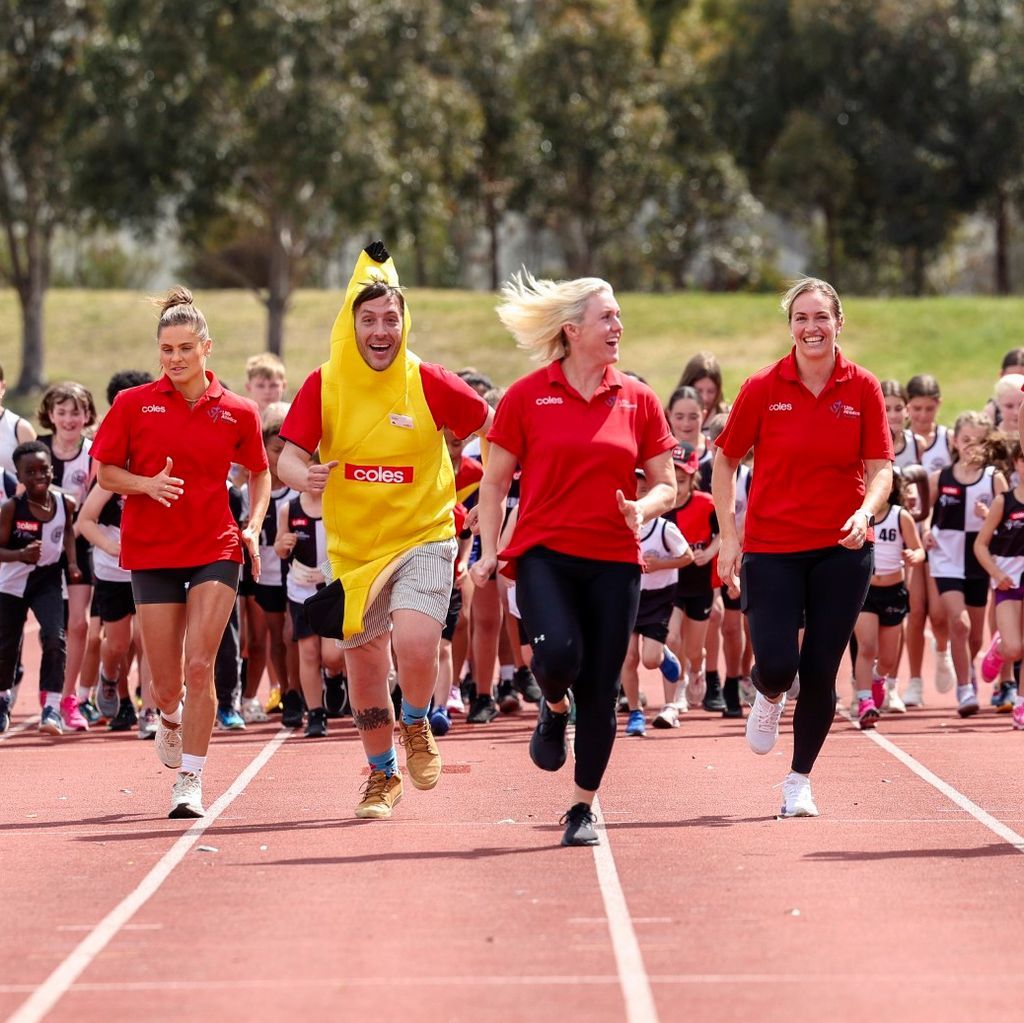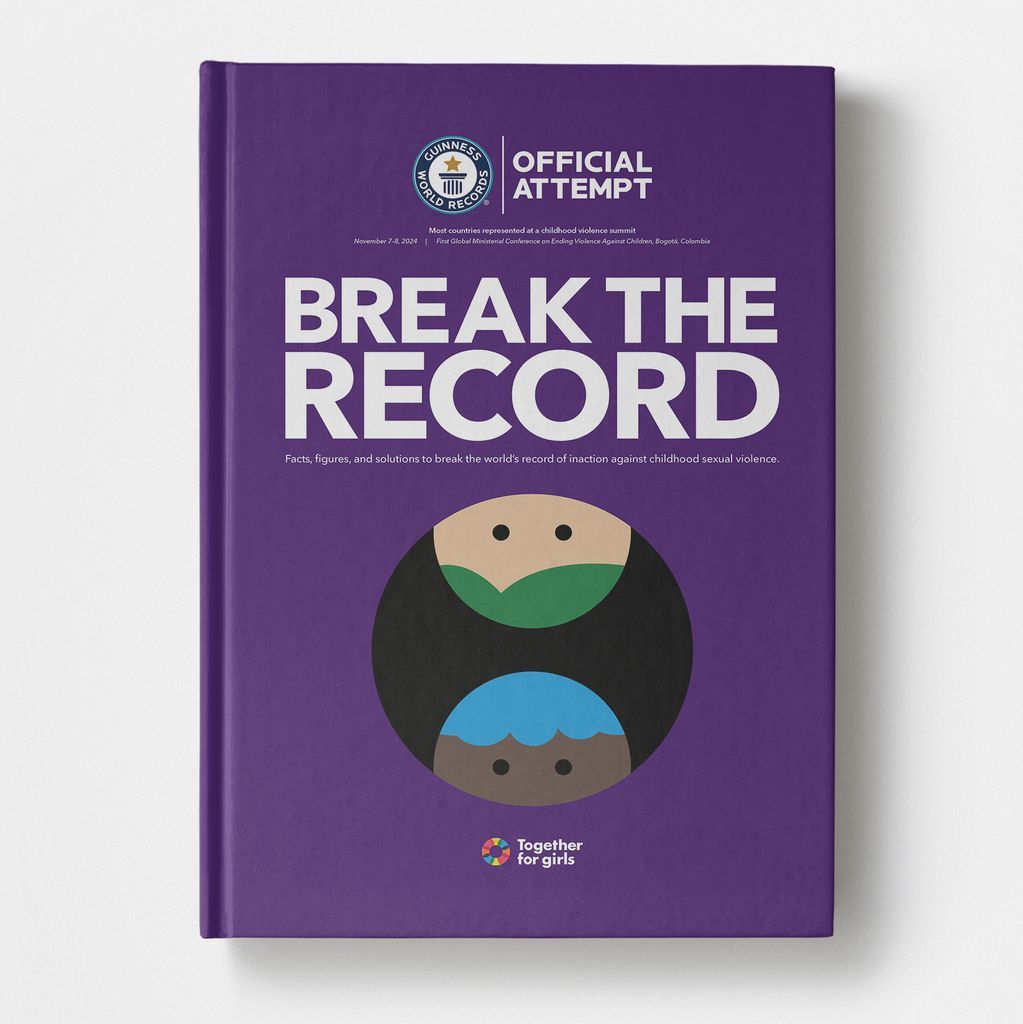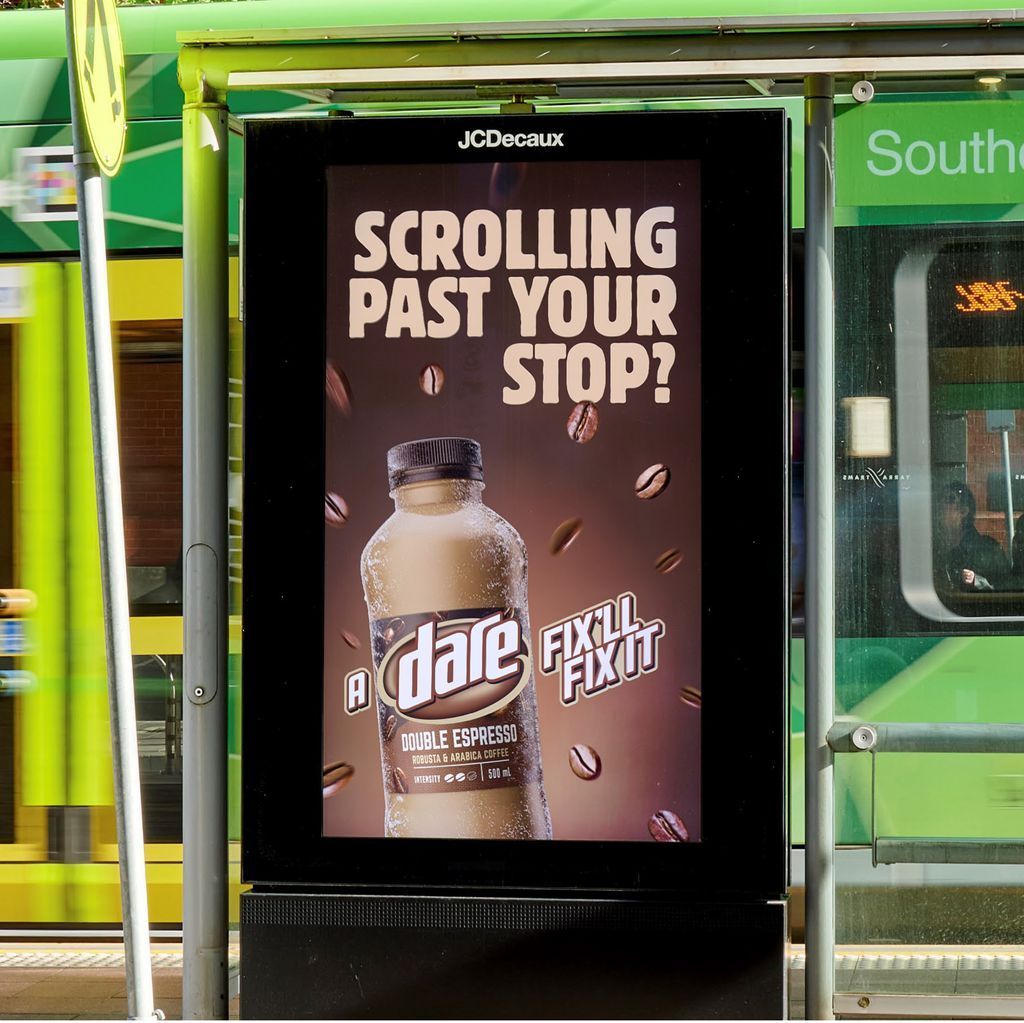

Image by DALL·E Pic: Midjourney
Editors' Note: Many Fast News images are stylised illustrations generated by Dall-E. Photorealism is not intended. View as early and evolving AI art!

Radio's plight heard,
Copyright Act changes feared,
Balance is preferred.

ARN CEO Ciaran Davis hits out at push from global record labels, Universal, Sony, Warner to scrap caps for play rights on radio
Australian Radio Network (ARN) CEO and Chairman of Commercial Radio & Audio (CRA), Ciaran Davis has spoken out against the proposed Copyright Legislation Amendment (Fair Pay for Radio Play) Bill 2023, which is currently being heard by the Senate Committee in a public hearing.
The Bill, backed by music industry giants including Universal Music Australia, Warner Music and Sony Records, would amend the Copyright Act 1968 to remove restrictions limiting the Copyright Tribunal’s ability to determine the amount payable to rights holders in sound recordings when music is played on commercial and ABC radio - known as caps.
Representing CRA's 260 member stations, Davis said that the caps provided "certainty and stability" for the radio industry, and that their removal could put the "good work" the industry has done for local communities and Australian artists "at risk".
"Our industry already pays around $40 million in copyright charges per annum. This is 5% of industry revenue, not profit, and places a financial strain on all broadcasters in this challenging environment," said Davis. "We have no complaint with the idea that musicians should be paid fairly for their work, which is why we could support PPCA distributing payments to session musicians. Radio is also proud to be a platform that helps discover new artists, which is an important benefit we offer Australian musicians."
"Commercial radio is facing the same pressures as other parts of Australian-owned traditional media - the rise of streaming services and global tech, changing consumer behaviour, and a challenging macroeconomic environment have seen declining advertising revenues. This is particularly acute in smaller and regional markets, many of which rely on cross-subsidisation from larger metropolitan stations within their network."
Davis primary concern with the removal of caps in favour of negotiations between networks and labels was that the radio industry is not "a free market".
"Our concern is we are not talking about a free market here. First, the radio industry is highly regulated. In particular here, legislation requires radio to play a minimum quota of Australian music. In other words, we are required by law to buy product from the PPCA. That means radio stations and the PPCA record labels are not a ‘willing buyer’ and a ‘willing seller’ reaching an agreement on a price. Instead, without the cap, radio must pay the asking price of the record labels to meet the quota."
The 'big 3' record labels behind the PPCA, Sony, Universal and Warner, control around 70% of the industry and have global revenues of around $A40 billion.
"Put simply, we believe this Bill should not be passed and that the Committee recommends that the cap stays, in its current form, to provide certainty and stability for the radio industry," said Davis.
Partner Content from Salesforce
A Guide to Personalised Marketing That Keeps Customers Engaged
Customer Service Makes a Strategic Shift for ANZ Organisations










